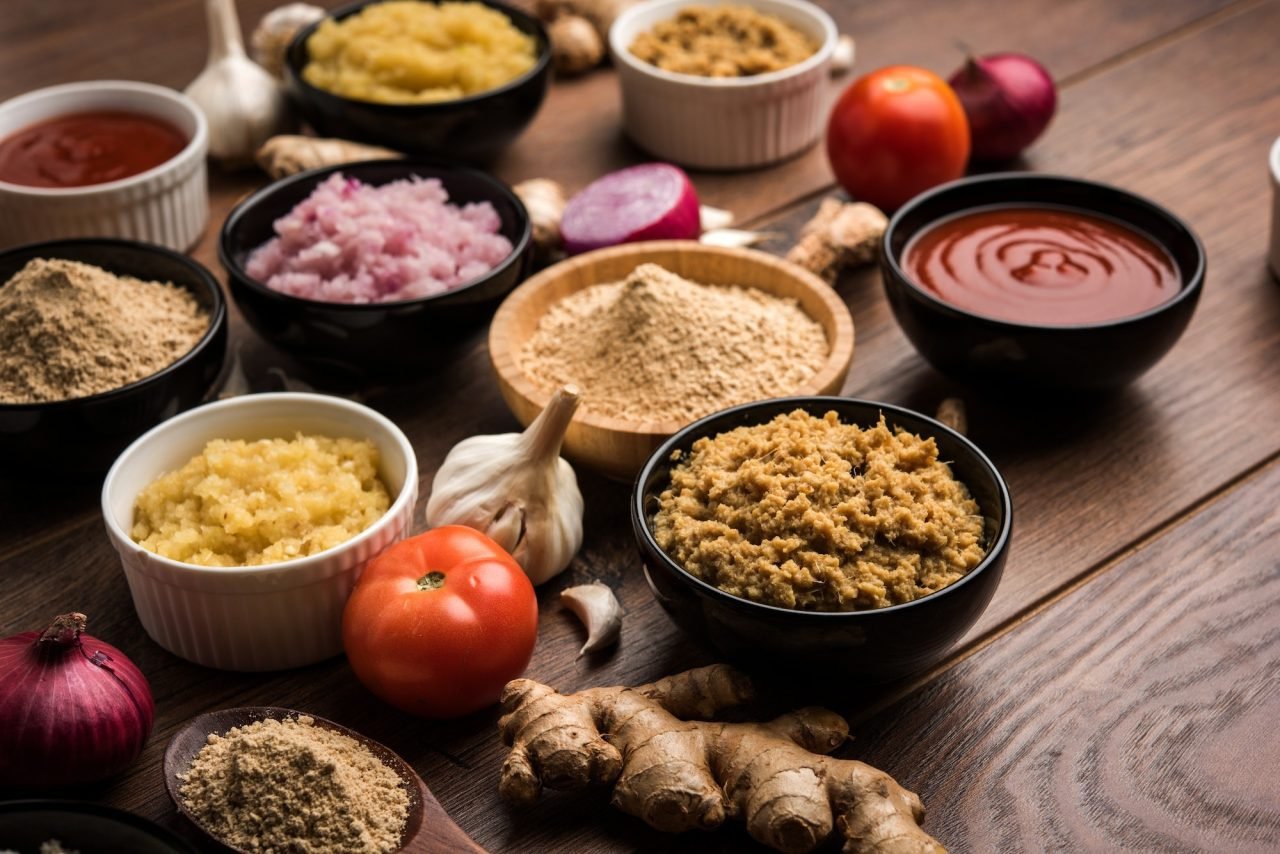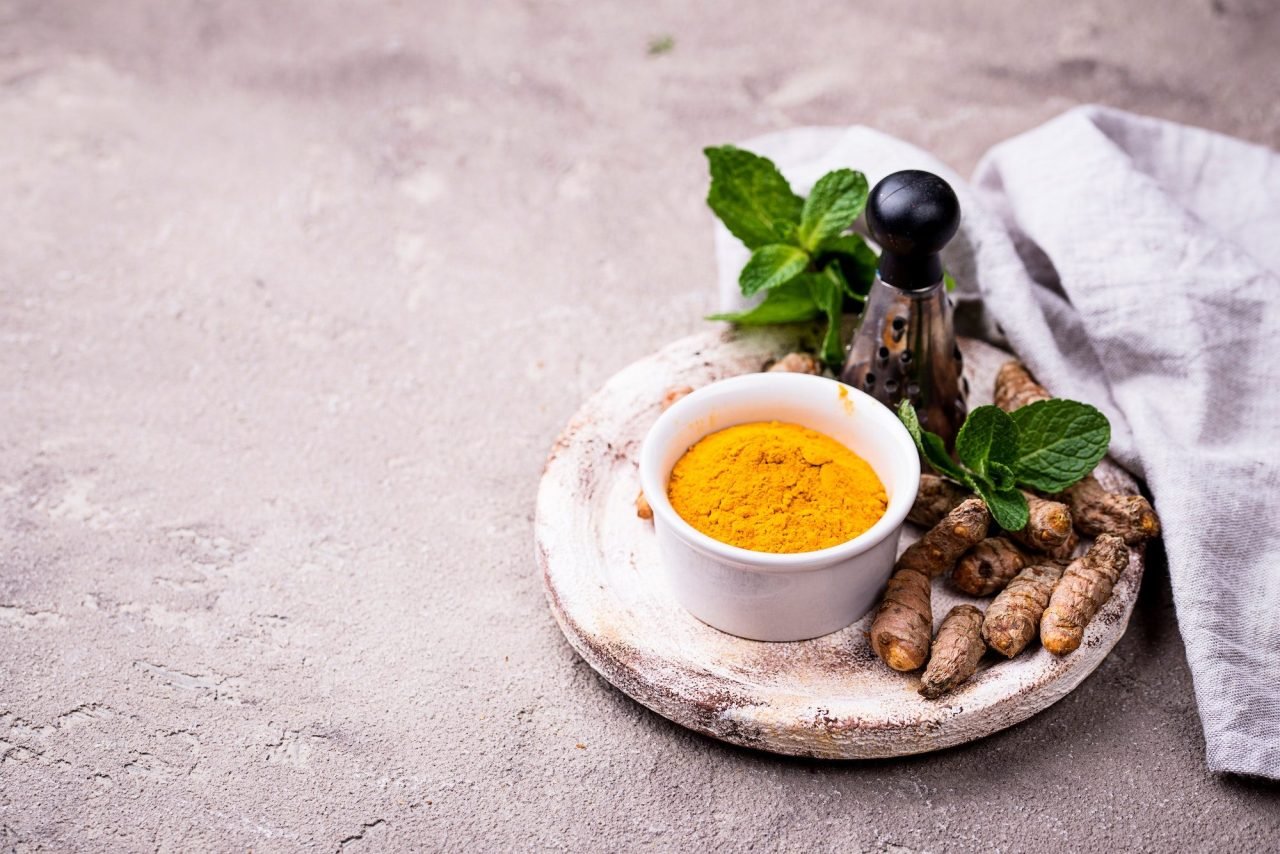Introduction to Ayurvedic Reproductive Health
Ayurvedic medicine, one of the oldest holistic healing systems, is grounded in the belief that health encompasses a balance between the body, mind, and spirit. This ancient practice recognizes the intricate relationship between our physical health and emotional wellbeing, emphasizing prevention rather than merely treating symptoms. A significant aspect of Ayurvedic philosophy is the notion of individual temperaments and constitution, or “Prakriti,” which can greatly influence various facets of health, including reproductive well-being.
In Ayurveda, reproductive health is paramount as it relates not only to fertility but also to overall vitality and longevity. A balanced reproductive system is considered essential for the proper functioning of the body’s vital forces, known as the “doshas.” These doshas—Vata, Pitta, and Kapha—represent different combinations of elements that govern physiological processes. Their balance is crucial for promoting not just reproductive health but overall harmony within the body.
Furthermore, Ayurveda delineates the concept of “Dhatus,” or bodily tissues, which includes Shukra Dhatu, the essence associated with reproductive health. Shukra is believed to be the vital tissue responsible for the production of reproductive fluids, including sperm in males and ovum in females. Understanding Shukra Dhatu is essential for a comprehensive view of reproductive health as it plays a critical role in the conception process and the preservation of life. Moreover, the health of Shukra Dhatu is linked to various lifestyle factors, including diet, psychological state, and environmental influences.
By exploring these interconnected components, one can gain deeper insight into the holistic approach that Ayurveda offers toward maintaining reproductive health and overall wellness.
Understanding Shukra Dhatu
In Ayurveda, Shukra Dhatu is regarded as one of the seven essential bodily tissues, playing a pivotal role in sustaining reproductive health. The term “Shukra” translates to “semen” or “sperm,” which reflects its primary association with the reproductive system. It is believed to govern the formation of reproductive fluids, including sperm in men and ovum in women, thereby influencing fertility and sexual vitality. Through the lens of Ayurvedic philosophy, the health and balance of Shukra Dhatu are considered foundational to overall reproductive wellbeing.
This dhatu is essential in the concept of ‘Ojas,’ which represents the vital energy and Supreme essence of health in the body. A well-nourished Shukra Dhatu contributes not only to the production of reproductive cells but also enhances vitality and longevity. It is crucial to note that the quality and quantity of Shukra Dhatu can affect an individual’s fertility, energy levels, and general health. When Shukra Dhatu is inbalanced or deficient, it may lead to reproductive disorders, hormonal imbalances, or decreased sexual desire.
Moreover, the characteristics of Shukra Dhatu extend beyond mere physicality; it encompasses emotional and spiritual aspects, reflecting an individual’s vitality and zest for life. In both men and women, healthy Shukra Dhatu supports a harmonious reproductive system, while also influencing psychological wellbeing. It is pertinent to note that lifestyle choices, dietary habits, and emotional states profoundly impact the formation and quality of Shukra Dhatu.
Ultimately, a holistic approach to health that seeks to nourish and balance Shukra Dhatu is crucial for optimal reproductive health. By engaging in ayurvedic practices such as proper nutrition, stress management, and lifestyle considerations, individuals can enhance their Shukra Dhatu, fostering both fertility and vitality in a natural and efficient manner.
Factors Affecting Shukra Dhatu
Shukra Dhatu, a vital component in Ayurveda related to reproductive health, is influenced by multiple interconnected factors. A primary factor is diet, which plays a crucial role in the formation and maintenance of Shukra. A balanced diet rich in nutrients, including healthy fats, proteins, and vital vitamins and minerals, is essential. Foods like ghee, nuts, seeds, and fresh fruits contribute positively, while processed and overly refined foods may detract from Shukra’s overall vitality.
Lifestyle choices significantly impact Shukra Dhatu as well. Regular physical activity and a structured daily routine can enhance vitality, while sedentary habits may lead to stagnation and lower reproductive health quality. Moreover, poor sleep patterns and irregular waking times can disturb the balance of internal rhythms, indirectly affecting Shukra formation. Engaging in relaxation techniques such as yoga and meditation can foster an environment conducive to healthy Shukra Dhatu.
Environmental conditions also play a vital role in reproductive health. Exposure to toxins, pollutants, and harmful chemicals can adversely impact Shukra Dhatu. Addressing these exposures through mindful practices such as detoxification rituals or consuming organic foods can enhance Shukra’s health. Furthermore, the changing seasons in Ayurveda hold importance; variations in climate require adjustments in lifestyle and diet to sustain Shukra. For instance, winter may call for richer foods, while summer requires lighter fare.
Individual constitution, or Prakriti, must also be considered when addressing factors affecting Shukra Dhatu. Each individual possesses a unique balance of the five elements, and this varies from person to person. Tailoring an approach to enhancing Shukra according to one’s constitution can provide deeper insights into maintaining reproductive health. In summary, understanding these factors is essential for promoting optimal Shukra Dhatu health and overall reproductive well-being.
Ayurvedic Practices to Nourish Shukra Dhatu
Nourishing Shukra Dhatu, the essence of reproductive tissue in Ayurveda, involves a holistic approach combining dietary practices, herbal supplements, lifestyle modifications, and specific therapies. To begin with, a balanced diet plays a pivotal role in enhancing the health of Shukra Dhatu. It is recommended to include foods rich in essential fatty acids, antioxidants, and phytonutrients. Nuts, seeds, avocados, and oily fish can promote overall vitality and reproductive health. Additionally, incorporating dairy products such as ghee and milk, when digested well, can provide the necessary nutrients for rejuvenation and sustenance of Shukra Dhatu.
Herbal supplements are also integral to supporting reproductive health in Ayurveda. Traditional herbs such as Ashwagandha, Shatavari, and Gokshura are highly regarded for their ability to strengthen and nourish Shukra Dhatu. These herbs can help in balancing hormonal levels as well as improving vitality and energy. Adjusting dosha imbalances through personalized herbal formulations can further enhance their efficacy, emphasizing the need to consult an Ayurvedic practitioner for tailored recommendations.
Lifestyle modifications also hold significance in the nurturing of Shukra Dhatu. Regular exercise, particularly forms that reduce stress—such as yoga or tai chi—can improve blood circulation and enhance overall reproductive function. Adequate sleep and stress management techniques play a crucial role in maintaining hormonal equilibrium essential for healthy reproductive tissue. Additionally, practices like meditation can foster mental peace and emotional stability, contributing positively to reproductive health.
Ayurvedic therapies such as Panchakarma can also provide profound benefits to Shukra Dhatu. This detoxification process helps in cleansing the body of accumulated toxins that may hinder reproductive health. Through rejuvenating therapies, the efficacy of Shukra Dhatu can be enhanced, leading to a better reproductive system overall. Emphasizing these personalized approaches ensures that individuals receive the best possible care tailored to their unique constitution and health needs.





